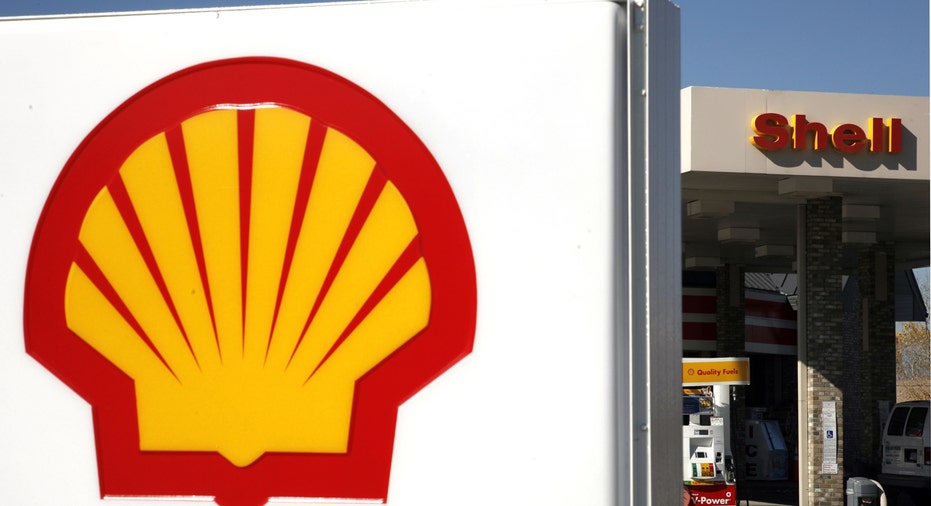Shell Profit Falls But Beats Forecasts

Royal Dutch Shell said Wednesday it is continuing to hammer down costs and spending as the company moves to integrate its roughly $50 billion acquisition of BG Group in the midst of a historic oil price slump.
In its first set of earnings since it completed the acquisition of BG earlier this year, Shell reported a sharp drop in profit, but said lower costs had helped offset the impact of weaker oil and gas prices and an increase in operating expenses associated with BG.
The company said it expects to spend $30 billion this year on finding and developing oil and gas projects, slashing $3 billion from its previous guidance. Operating expenses for the combined company are expected to be $40 billion in 2016, down from $53 billion in 2014.
The addition of BG has also sharply boosted the company's production volumes, which rose 16% in the first quarter from a year earlier to 3.7 million barrels of oil equivalent a day.
Chief Executive Ben van Beurden has staked his reputation on the deal, which is intended to refocus the Anglo-Dutch oil giant on the fast-growing liquefied natural gas market and deep water oil projects. But the acquisition faced criticism from some investors and analysts concerned that Shell was overpaying.
"The completion of the BG deal has reinforced our strategy and strength against the backdrop of hugely challenging times for our industry," Mr. van Beurden said. "This is a unique opportunity to reshape and simplify the company."
Mr. van Beurden must now prove the value of the deal, while also guiding the company through a near two-year slump in oil prices that has forced painful spending cuts and buffeted the sector's earnings.
Shell said its quarterly profit on a current cost-of-supplies basis--a number similar to the net income that U.S. oil companies report--was $800 million, down 83% from a year earlier. Its adjusted earnings, stripping out one-off items like proceeds from divestments, fell to $1.6 billion from $3.7 billion a year earlier, but still beat analysts' expectations.
The company capped off a mixed season of big oil earnings, following the industry trend of deploying sharp cost cuts to weather the steep drop in oil prices over the last two years.
"We continue to reduce our spending levels, to capture cost opportunities and manage the financial framework in today's lower oil price environment," Mr. van Beurden said. "We will continue to manage spend, through dynamic decision-making across the organization, taking advantage of opportunities from both the deflating market and the two companies coming together."
Write to Sarah Kent at sarah.kent@wsj.com



















